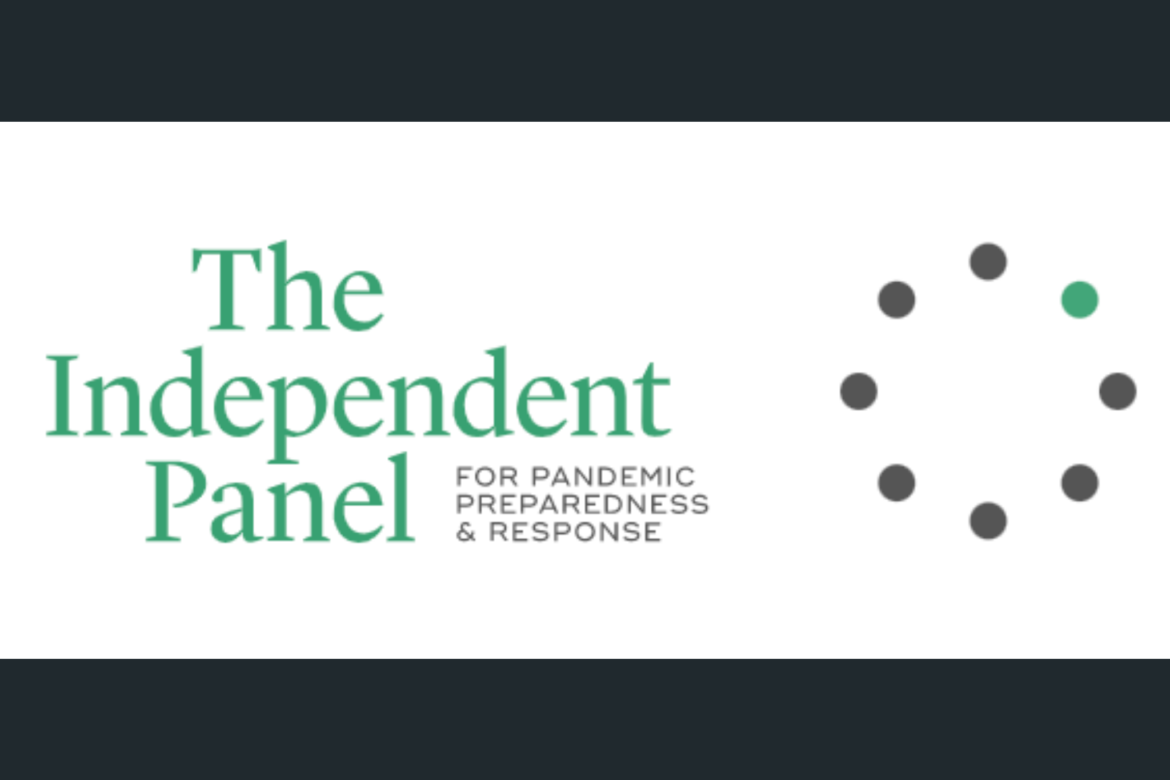…Says it’s a wakeup call to transforming health systems
By Zayamu Hassan
The Joint United Nations Programme on HIV/AIDS (UNAIDS) has applauded the recommendations of the Independent Panel for Pandemic Preparedness and Response, describing it as a welcome development and a wakeup call for the transformation of the health system across the world.
It would be recalled that the panel was launched by the World Health Organisation (WHO) Director-General, Tedros Adhanom Ghebreyesus, recently.
In a statement, the UNAIDS Executive Director, Winnie Byanyima, said: “The Independent Panel’s recommendations are a wake-up call for transforming health systems across the world.
“Health is a universal public good in this interconnected society—no one is safe, until everyone is safe so we must reimagine health to provide the same quality of care regardless of geography, income or social status.”
According to the statement, amongst others, the panel calls for the establishment of a Global Health Threats Council with participation at the highest political level to coordinate global action against pandemics and secure agreement between governments in aligning efforts to tackle the health, social and economic challenges of major pandemics.
UNAIDS noted that it shares the panel’s concerns on the impact of COVID-19 in deepening inequalities within and across countries.
It further stressed that there has been a particularly uneven burden that women have had to endure. Despite constituting almost 60% of the health workforce and front-line workers, the needs of women have not been included in most COVID-19 responses, increasing the inequality gap.
Ms Byanyima further said: “Like HIV, COVID-19 has exploited the fault lines of society and exposed the fragility of recent gains in public health.
“Lessons from the AIDS response can help shape a new paradigm for global health in which people are placed at the centre, inequalities are erased and the right to health is enshrined in every part of the world. “
UNAIDS also commended the report in highlighting the urgency for vaccine equity in calling for the urgent redistribution of 1 billion vaccines from rich to limited-resource countries by September 2021 to be followed by another 1 billion doses to be redistributed during 2022.
UNAIDS fully supports the call for G7 countries to commit to providing 60% of the US$ 19 billion required for ACT-A in 2021 for vaccines, diagnostics, therapeutics and strengthening health systems with the remainder being mobilized from others in the G20 and other higher income countries.
A formula based on ability to pay should be adopted for predictable, sustainable, and equitable financing of such global public goods on an ongoing basis.
The UNAIDS further said that it is ready to support efforts to build pandemic resilience and preparedness, specifically building on its experience with community-led responses, activism and rights-based approaches, and in leveraging investments in the unique HIV infrastructure and networks to create resilient health systems.
UNAIDS , therefore, urged all partners to apply the lessons learned from the HIV response to ensure a community-led, equitable and human rights-based approach to support stronger pandemic preparedness and responses to ensure health for all.




